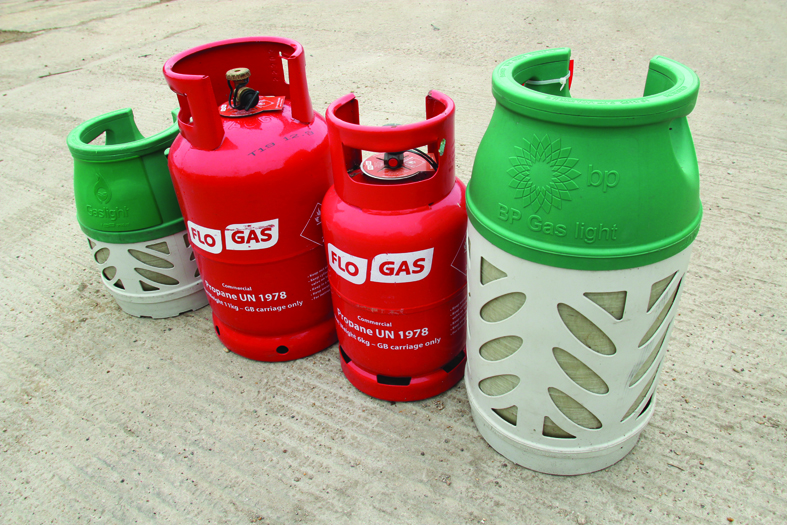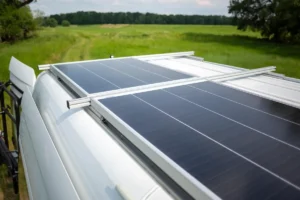Introduction
Caravans have been a symbol of freedom and adventure for many decades. Originating from the Romani people’s horse-drawn wagons, modern caravans have evolved into sophisticated mobile homes equipped with all the amenities one could desire. As the world becomes increasingly interconnected, the allure of the open road and the ability to explore untouched landscapes has only grown. With this evolution, the need for efficient and reliable utilities, such as gas bottles, has become paramount.
The importance of utilities in caravans cannot be overstated. Just like a stationary home, caravans require energy for cooking, heating, and sometimes even refrigeration. Gas bottles have emerged as a popular solution due to their portability, efficiency, and ease of use. They ensure that no matter where the road takes you, the comforts of home are never too far away.
Why Do Caravans Need Gas Bottles?
Caravans, being mobile homes, require a consistent and portable energy source. While there are multiple energy sources available, gas bottles stand out due to their compact nature and energy density. They provide a reliable source of energy that can be easily transported and replaced, making them ideal for long journeys where access to other fuel sources might be limited.
Compared to other fuel sources, gas bottles have several advantages. They are easy to install and replace, making them user-friendly even for those new to caravanning. Additionally, they can be used in a variety of climates, ensuring that whether you’re in the chilly mountains or the warm coast, your caravan remains comfortable. Their versatility in powering different appliances, from stoves to heaters, makes them an indispensable tool for modern caravanners.
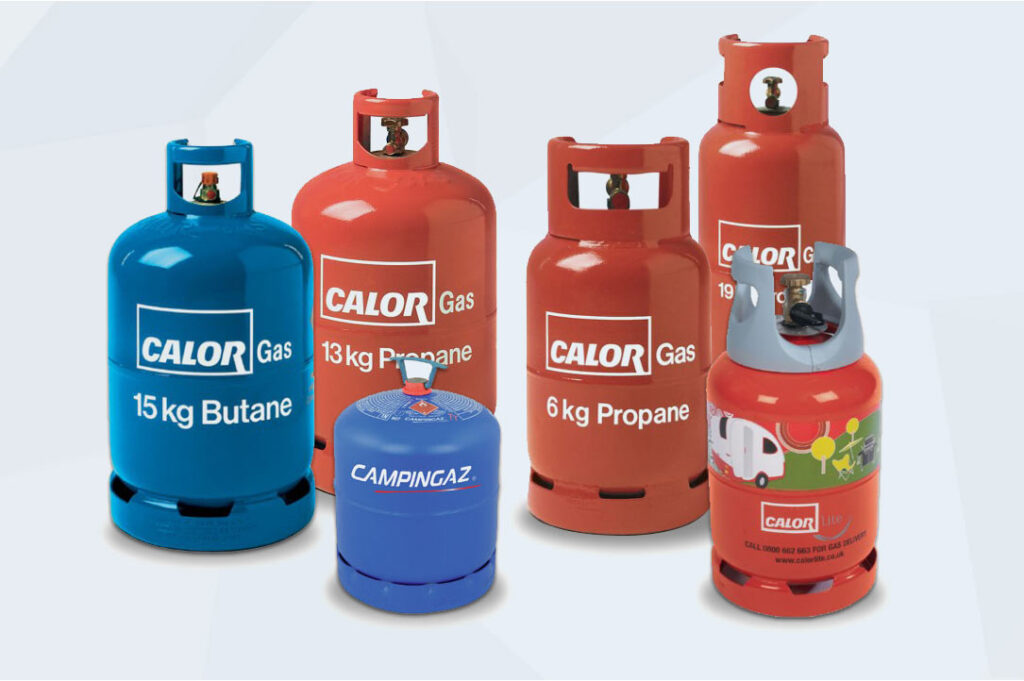
Types of Gas Bottles and Their Differences
Gas bottles for caravans primarily contain either propane or butane, both of which are liquefied petroleum gases. Propane, with its boiling point of -42°C, is suitable for outdoor use and is often the preferred choice for commercial applications. It’s commonly used in caravans for ovens, tools, and heating due to its lower boiling point, which ensures it remains gaseous even in colder temperatures.
Butane, on the other hand, has a boiling point of -2°C. This higher boiling point makes it more suitable for indoor tasks within a caravan. It’s perfect for running portable gas heaters and single burner cooking appliances. An interesting fact is that a cylinder of butane gas of the same size produces more energy than its propane counterpart, making it a more efficient choice in certain scenarios.
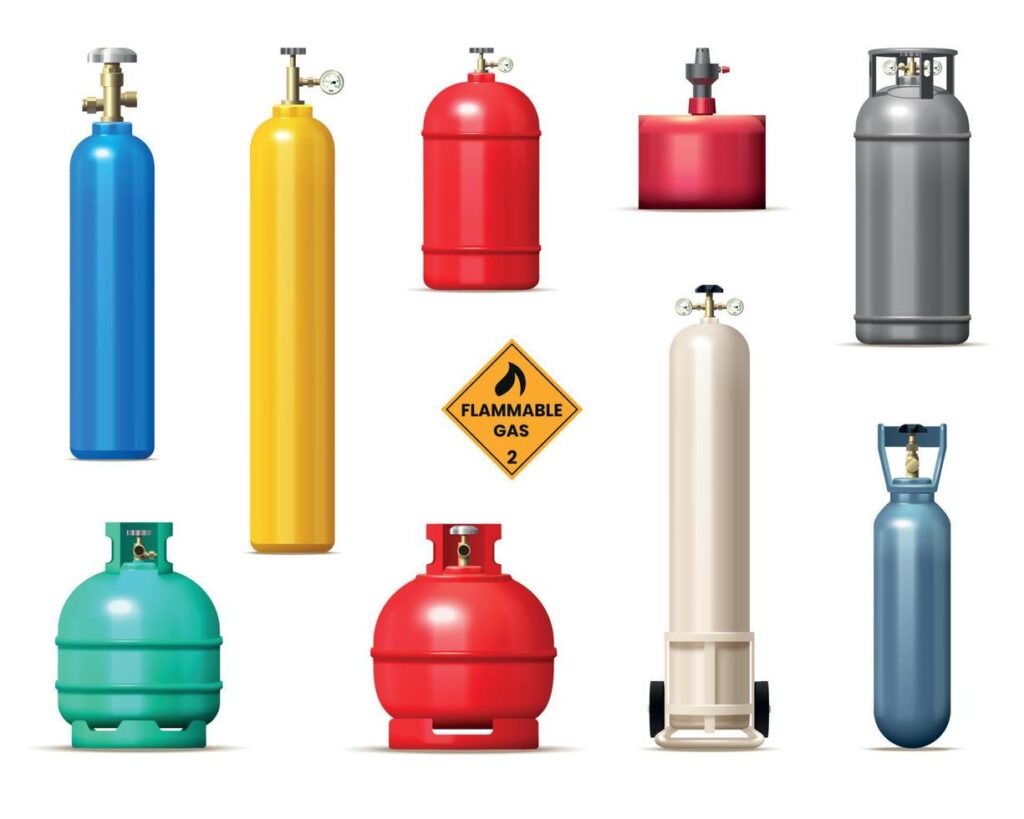
Choosing the Right Gas Bottle for Your Needs
The choice between propane and butane largely depends on the specific needs of the caravan owner and the conditions they expect to encounter. For those who plan to caravan during warmer months and primarily indoors, butane is the ideal choice. Its high freezing point makes it unsuitable for colder outdoor conditions, but it excels in warmer, indoor environments.
Conversely, if one owns a touring caravan and plans to travel throughout the year, regardless of the weather, propane is the way to go. Its lower boiling point ensures it remains usable even in colder outdoor conditions. It’s essential to assess one’s travel plans, expected weather conditions, and appliance requirements before making a choice between the two gases.
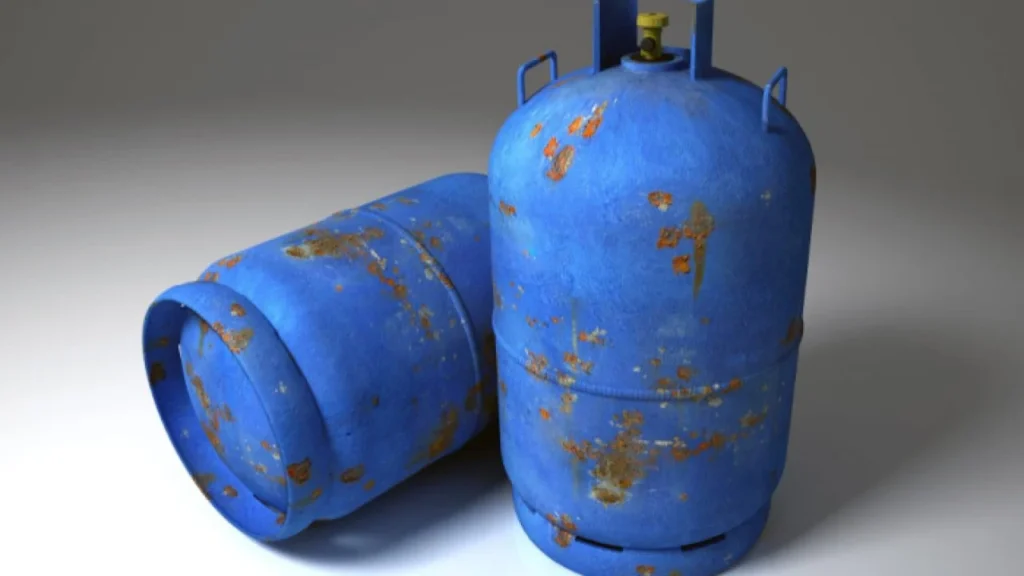
Safety Precautions and Maintenance
Safety is paramount when dealing with gas bottles in caravans. Regular checks for damage to the gas bottles are crucial to prevent leaks and potential hazards. It’s also vital to inspect the gas hoses for any signs of wear, cracks, or stiffness, as these can be potential points of failure.
Maintenance doesn’t stop at just the physical checks. Installing a carbon monoxide (CO) alarm inside the caravan is a life-saving decision. This alarm will alert occupants in case of a dangerous buildup of this odorless and colorless gas. Regularly testing the CO alarm ensures it’s functional when needed. Additionally, it’s crucial to ensure that the air vent in the gas storage locker is free from obstructions, and the gas valve is turned off when not in use. For any work related to the gas system, always rely on qualified professionals to ensure safety and compliance with regulations.
Economic and Environmental Impacts
The use of gas bottles in caravans is not only a matter of convenience but also has economic implications. From an economic standpoint, gas bottles offer a cost-effective solution for energy needs. They are relatively inexpensive to refill, and their efficient energy output means that a single bottle can last for an extended period, depending on usage. This makes them a preferred choice for many caravan enthusiasts who are conscious of their travel expenses.
From an environmental perspective, the use of liquefied petroleum gas (LPG) in caravans is cleaner than many other fossil fuels. Both propane and butane, when burned, release fewer harmful emissions compared to coal or gasoline. However, it’s essential to be aware that they are still fossil fuels, and their extraction and use contribute to greenhouse gas emissions. Caravan users can mitigate this by ensuring efficient use, regular maintenance to prevent leaks, and exploring renewable energy alternatives where feasible.

Future Trends
The caravan industry, like many others, is not immune to the rapid pace of technological advancement and changing consumer preferences. As sustainability becomes a global priority, there’s a growing trend towards eco-friendly caravanning. Innovations are emerging, such as solar-powered caravans or hybrid energy systems that combine traditional gas bottles with renewable energy sources.
Another trend is the shift towards smart caravans equipped with IoT (Internet of Things) devices. These devices can monitor gas levels in real-time, alerting users when refills are needed or if there are potential leaks. As the world becomes more connected, the integration of technology into caravans will make them safer, more efficient, and more in tune with the needs of modern travelers. The future of caravanning promises a blend of tradition with cutting-edge technology.
Conclusion
Caravans have long been symbols of freedom, exploration, and the human spirit’s desire to wander. The use of gas bottles in these mobile homes underscores the need for reliable and efficient energy sources, even when on the move. Whether it’s propane or butane, these gas bottles ensure that the comforts of home are always within reach, no matter how remote the location.
However, as with all things, it’s essential to use these resources responsibly. Safety precautions, regular maintenance, and an awareness of the broader economic and environmental impacts are crucial. As we look to the future, the caravan industry’s evolution will undoubtedly reflect the broader societal shifts towards sustainability, technology integration, and a renewed focus on harmonizing with the natural world.
